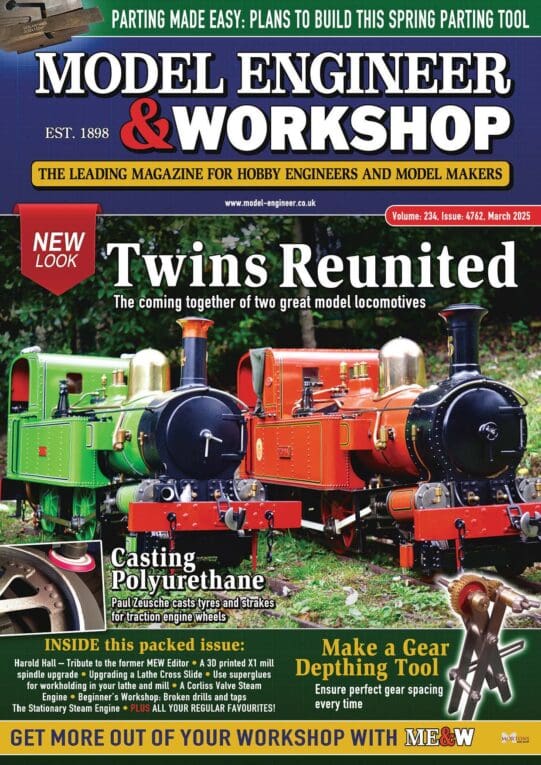Well I do seem to have stirred up a hornet's nest. I carefully did not mention any distinction between university educated engineers and apprentice trained engineers, as either and both are engineers in my book. Any university trained engineer who disparages the apprentice trained engineer wants a sharp kick up the rectum, and any apprentice trained engineer who thinks he can manage without any mathematics needs the chip removing from his shoulder. The great engineers of the past came from both routes, Brunel was highly technically educated and his calculation books are a thing of wonder, Frank Whittle was a Cambridge graduate but started out as an RAF apprentice.
Yes someone coming out of university with no practical experience is going to take time to be of any use, but without the technical knowledge never will be of any use in the design of aircraft, power stations, bridges etc etc. My own view is that the sandwich course or day release/night school of old was a much better route, but lots of large employers nowadays seem to think that fully trained and experienced people emerge from the woodwork.
The idea that 50% of all young people should go to university was political stupidity of the highest order. Some very bright people will decide not to go, perhaps joining the armed forces or branching out on their own. This means we have people of less than average intelligence going to university, incurring huge debts and coming out with degrees of dubious value.
To finish, anyone who thinks that a computer solves all the stress problems hasn't been there. All a computer does is speed up the calculations. Admittedly they do allow calculations which would have been impractical previously, but this is very rarely needed. Back in the 1930s finite element stress analysis was done by rooms full of people, usually women. It must have taken months, nowadays the same sums take hours, but lots of stuff is still done by manual calculation, although not I will admit with slide rules (I've still got mine).
Good man learns by his mistakes, very good man learns by other people's. How? By book learning
 Bazyle.
Bazyle.




